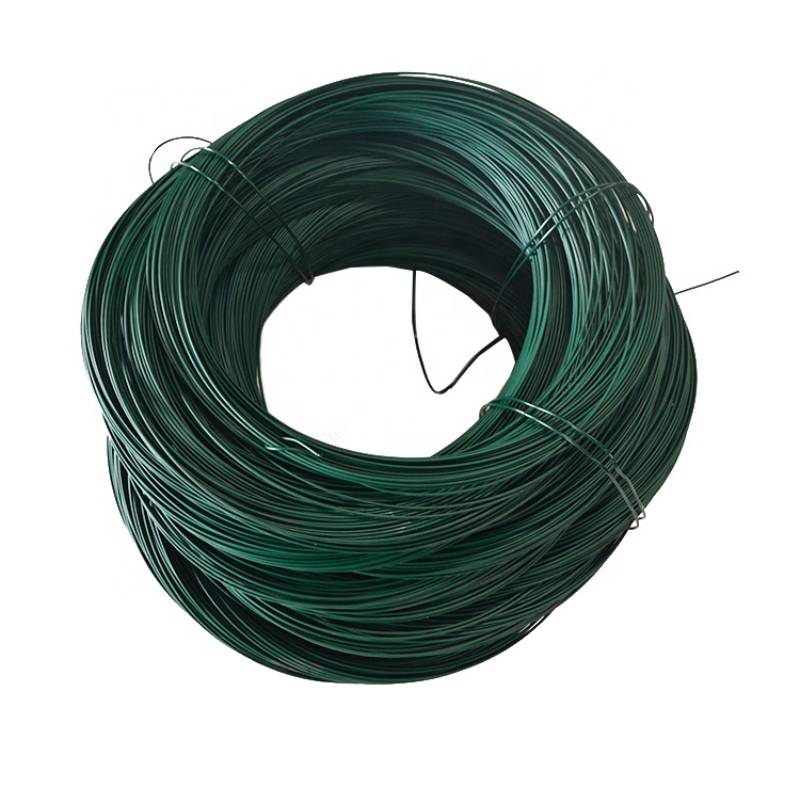wire mesh cost per square foot
Nov . 16, 2024 20:49
Understanding the Cost of Wire Mesh per Square Foot
Wire mesh is a versatile material used across various industries, including construction, agriculture, and manufacturing. Its applications range from fencing and security barriers to reinforcement in concrete and as a support structure in various settings. As the demand for wire mesh continues to rise, understanding the cost per square foot becomes essential for both buyers and project managers. This article delves into the factors influencing the cost of wire mesh, its types, and what one should consider when making a purchase.
Factors Influencing Wire Mesh Pricing
1. Type of Wire Mesh The most significant factor affecting cost is the type of wire mesh itself. There are several varieties, such as welded wire mesh, woven wire mesh, and expanded metal mesh, each offering unique features and applications. Welded wire mesh, known for its durability and strength, is often more expensive due to the manufacturing process, which involves welding intersections of wires together. In contrast, woven wire mesh, made by interlacing wires, tends to be less costly and is used in applications requiring flexibility and aesthetic appeal.
2. Material Composition The material from which wire mesh is made heavily dictates its price. Common materials include steel, aluminum, and stainless steel, with steel typically being most economical, while stainless steel and aluminum tend to be pricier due to their corrosion resistance and longevity. The gauge or thickness of the wire also plays a crucial role in cost—thicker wires usually enhance strength but add to the overall expense.
3. Surface Treatment Wire mesh may undergo surface treatments such as galvanization, powder coating, or vinyl coating to enhance durability and resistance to elements. These added processes increase the cost per square foot but often lead to longer-lasting performance, which can justify the initial expenditure, especially in outdoor applications.
4. Size and Dimensions The dimensions of the wire mesh sheets or rolls can also influence the cost. Standard sizes may be more affordable compared to custom sizes, as manufacturers often optimize production for standardized dimensions. Thus, if a project requires non-standard sizes, costs may escalate.
5. Quantity Bulk purchases typically lead to reduced prices per square foot, as wholesale suppliers often provide discounts for larger orders. Therefore, an organization planning to use a significant amount of wire mesh may find it financially prudent to buy in bulk.
wire mesh cost per square foot

6. Market Trends and Supply Chain Like many commodities, the price of wire mesh can fluctuate based on market conditions. Supply chain disruptions, changes in raw material costs, and global demand can all impact prices. For instance, an increase in the cost of steel due to global demand can lead to higher wire mesh prices.
Typical Price Ranges
As of late 2023, the price for wire mesh typically ranges from $0.50 to $3.00 per square foot, depending on the factors mentioned above. For example, a standard welded wire mesh used in concrete reinforcement may cost around $0.60 to $1.00 per square foot, while a high-quality stainless steel mesh could range from $2.00 to $3.00 per square foot. It is crucial to shop around and obtain quotes from multiple suppliers to ensure a competitive price.
Considerations for Buyers
When evaluating wire mesh options, buyers should consider their specific project needs, including load requirements, environmental conditions, and aesthetic preferences. It’s also wise to consult with professionals who can provide guidance on the best type of mesh for a given application. Ensuring that the wire mesh meets all necessary quality and safety standards is vital, as subpar materials can lead to structural failures or higher maintenance costs in the long run.
Conclusion
Wire mesh serves as a critical material in various applications, and understanding its cost per square foot can help buyers make informed decisions. By considering the type, material, surface treatment, and other factors discussed, project managers and buyers can select the right wire mesh while staying within budget. As with any material purchase, thorough research and comparing options can lead to significant savings and the best outcome for projects.




















